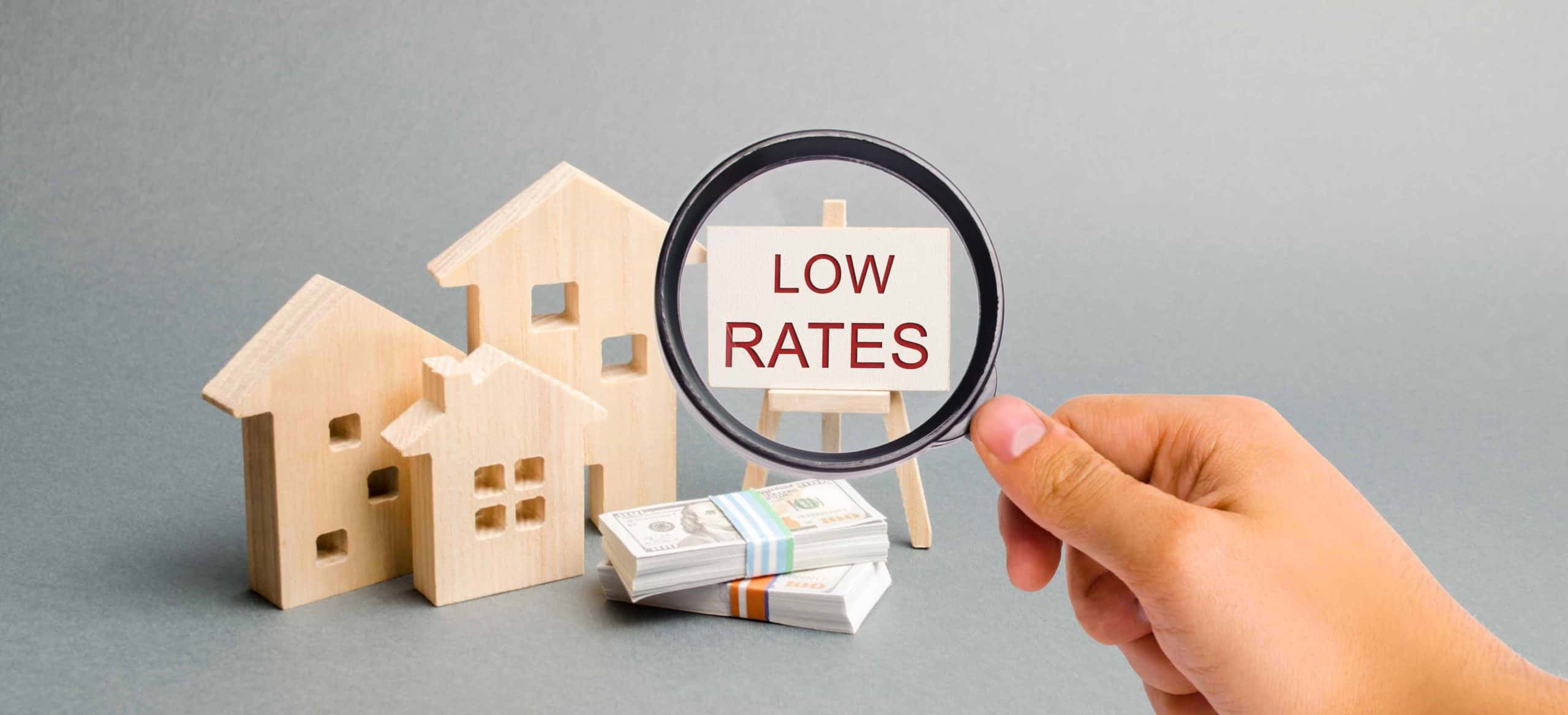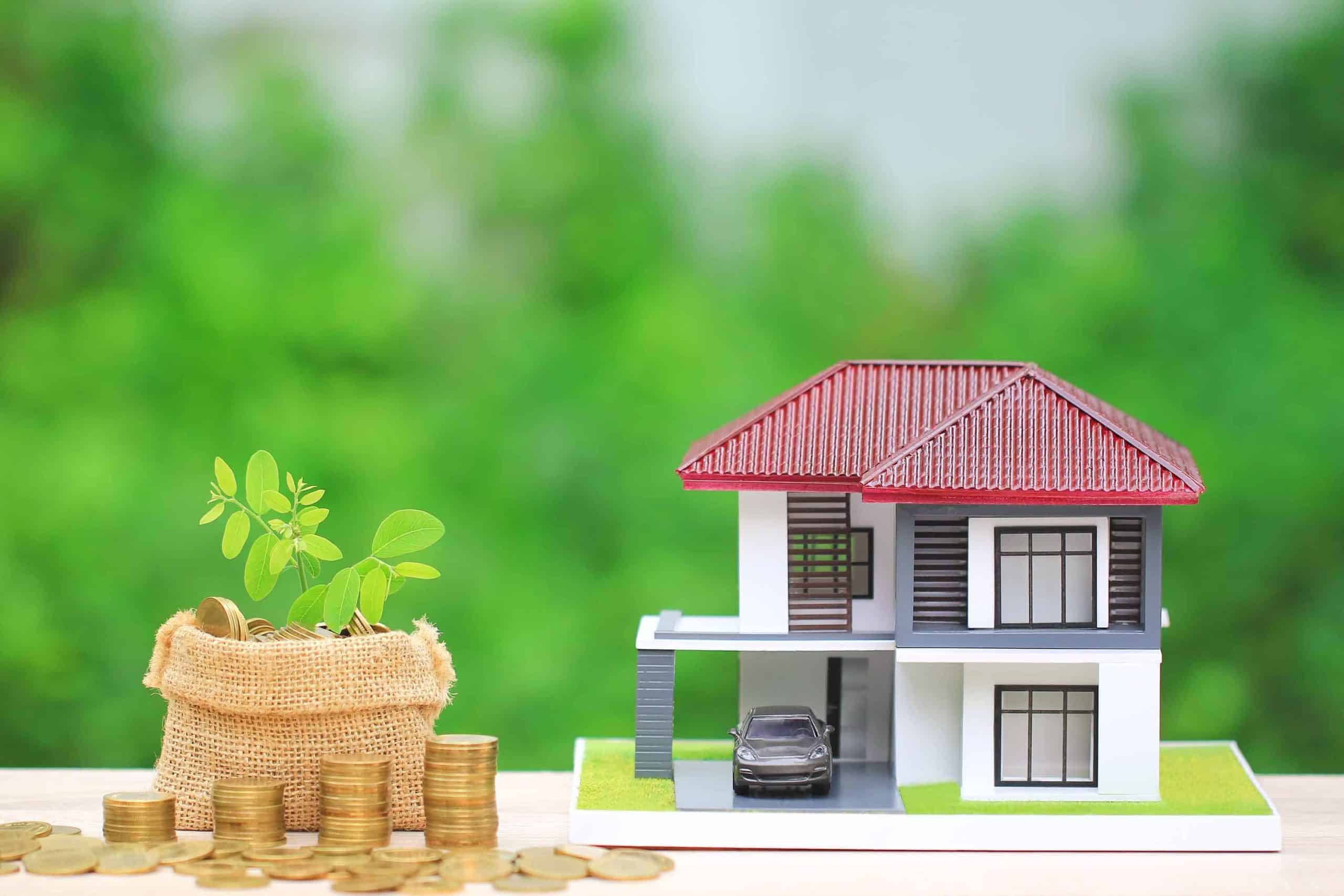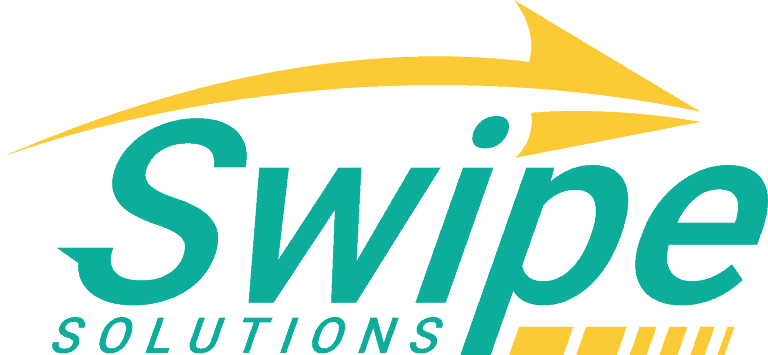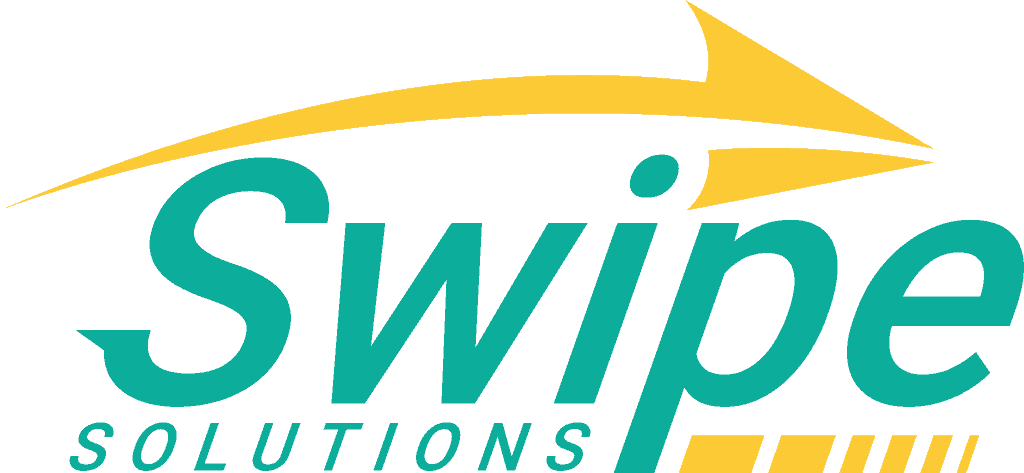Should I Refinance to Pay for Home Improvements?
Making home improvements periodically is essential for maintaining its appeal, condition and functionality over the years. You may already make minor updates throughout the year, but a time will come when a major renovation is essential. Depending on the scope of your project, you may easily be looking at tens of thousands of dollars or more in renovation costs. Finding an effective and reasonable way to pay a major home improvement project requires ample research and planning. A common solution that many homeowners use is a cash out refinance loan against their home’s equity.
Refinancing your mortgage means that you are replacing your existing mortgage with a new loan. The cash that you obtain from this process draws from the equity that you have established. This type of home renovation loan is only one of several options available, but a closer look may reveal that it is the financing solution that is right for you.
Take Advantage of Low-Interest Rates

Compared to an unsecured loan, the interest rate on a refinance mortgage loan can be significantly lower. This may establish more affordable monthly payments and keep interest charges to a minimum while you pay off the loan.
A cash out refinance loan is secured against your home’s equity, which means that the lender may foreclose on your home if you fail to make timely payments. Using your home as the loan’s collateral provides the lender with added security in the event of a default, and reduced lender risk results in lower interest rates compared to rates for an unsecured loan. In some cases, homeowners may obtain a lower interest rate than they currently have on their mortgage, and this could lay the foundation for substantial overall savings. More than that, the lower interest rate from a secured loan can keep the new monthly mortgage payment to a minimum. The best way to determine if pulling equity out of our home to pay for home improvements is affordable for you is to request a quote.
Pay Off the Home Improvements Over a Few Decades
An alternative to refinancing your existing mortgage and pulling cash equity out of the home is to apply for an unsecured home improvement loan from a bank. Comparatively, refinancing your mortgage generally enables you to take advantage of a longer term length, which provides important benefits.
The monthly payment for your home renovation loan is determined by the amount borrowed, the interest rate and the term length. An unsecured loan’s term length may not exceed 10 years in many cases, but a mortgage loan’s term length may extend to 20 or 30 years. By applying for a loan with a significantly longer term, you may enjoy the ability to save potentially hundreds of dollars per month on loan payments. For some homeowners, this benefit enables them to take out a larger loan and to complete more essential improvements. Comparing the monthly payments for an unsecured loan and a secured mortgage refinance loan will show you the difference that the combination of a lower interest rate and a longer term length can make to your monthly payment.
Roll Improvement Costs into Your Mortgage Payment
When you refinance your home loan, you are essentially rolling home improvement costs into your mortgage payment. A closer look reveals why this may be a cost-effective solution.
Your current mortgage payment is based on the starting principal value, but you may have paid down the balance dramatically and enjoyed the benefit of equity accumulation since the loan’s inception date. This means that you could apply for a cash out refinance loan at or close to your original principal balance. In the process, you may maintain a similar mortgage payment and pull cash out of your home’s equity. The specific terms and benefits that may apply to your home renovation loan are dependent on numerous factors. Because of this, you must carefully analyze your unique situation while reviewing the financing terms that you qualify for.
Obtain Extra Funds for Other Plans
The benefits of applying for a home improvement loan through a mortgage refinance may be more extensive. Consider that you may be able to access and use equity for other major plans and goals as well.
Depending on the amount of equity available in your home and the loan terms that you qualify for, you may access more equity than you need for planned home improvements. You are not required to pull out more equity than needed, but you may discover that this additional cash could be used strategically. For example, it could be used to fund a child’s college education, to pay off debts or even to invest. By using your home’s equity in these and other essential ways, you could potentially improve your financial situation, your quality of life or other factors. The first step is to identify the amount of equity available to you through a home improvement loan.
Improve Property Value and Appeal

Refinancing your mortgage with a cash-out refinance loan does not necessarily have a negative impact on net worth. While you are assuming more debt, you also may increase your home’s value and appeal dramatically as a result.
Depending on the type of improvements that you plan to make, you may recoup most or all of the cost of the improvements through increased property value. Some improvements may even increase property value beyond their cost. Your renovations may also improve your home’s appeal and make it easier to sell for a competitive price. Repair and improvement costs may be recouped through increased property value. To ensure that your home’s appeal and value are improved significantly, conduct ample market research to identify styles and features that are desired by buyers in your area. You can also research renovations that have the biggest impact on property value.
Understand Potential Downsides
While there are numerous benefits associated with refinancing your mortgage to pay for home improvements, there are likewise downsides. Take time to review the impact of these downsides upfront.
By refinancing your current home loan, you could increase your mortgage payment to a level that negatively impacts your financial future. For example, a higher mortgage payment may reduce monthly savings deposits. In addition, if the market takes a downturn, the higher home loan amount may make it more challenging to sell your property without taking a loss. Your exposure to these and other downsides is dependent on the market conditions as well as your financial situation. Before you refinance your mortgage to access home equity, carefully review your circumstances so that you understand the risks.
Ask Yourself These Important Questions Before Applying
As you can see, there are numerous benefits as well as a few risks associated with using a cash-out refinance loan. Ask these critical questions before applying so that you can make an informed decision:
- What loan amount would you qualify for, and does this provide you with ample funds to complete all of your renovation plans?
- What would your new monthly payment be, and is this payment manageable?
- How would the new monthly payment and extended payoff date impact your future financial plans?
- How would you use additional equity, if applicable?
- What are the pros and cons of other financing options available to you?
Taking out a cash-out refinance loan is a smart idea for many homeowners, but you must understand the specific impact to your current circumstances. Can you share tips from your personal refinancing or home improvement experiences with our readers?


